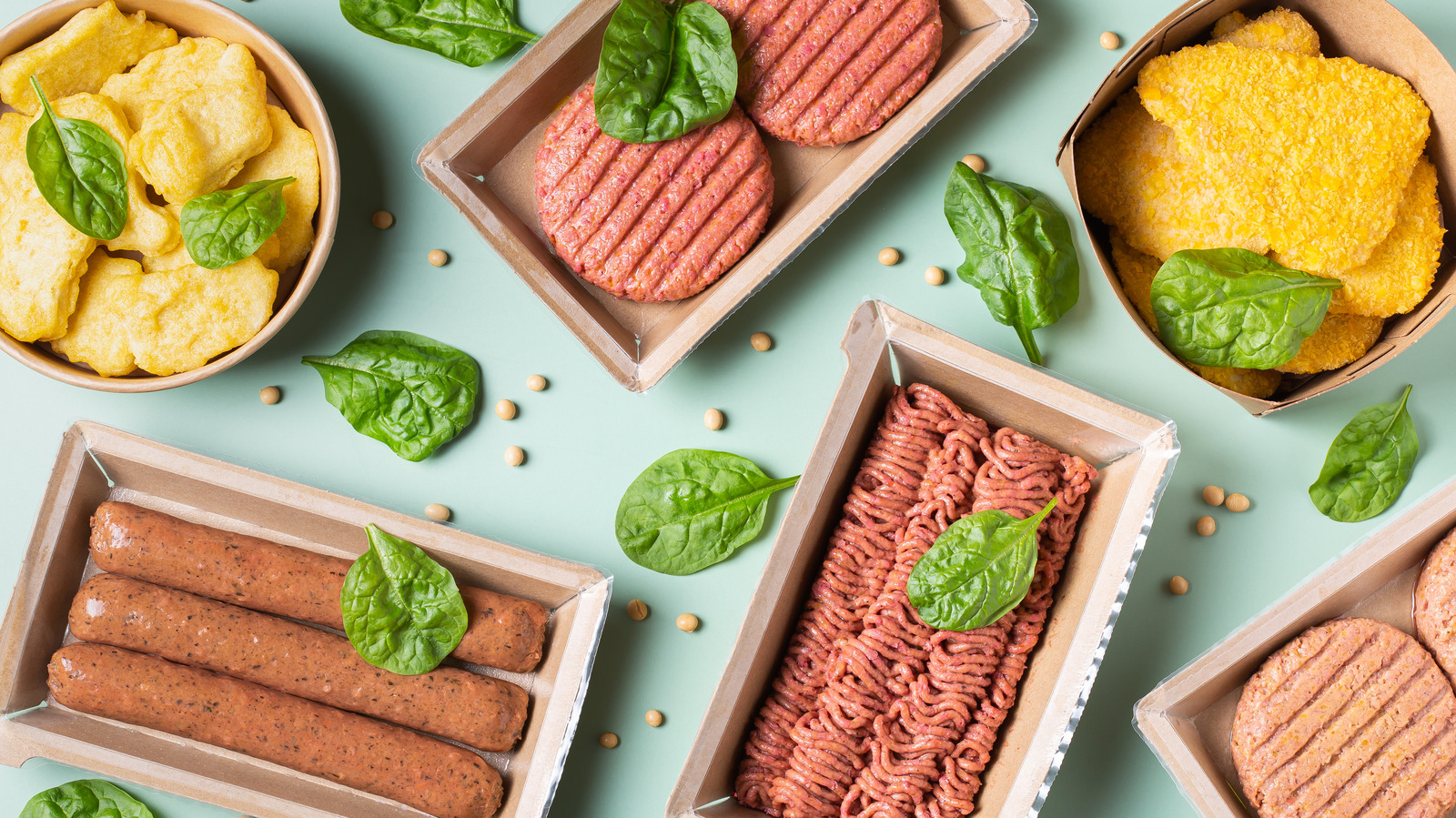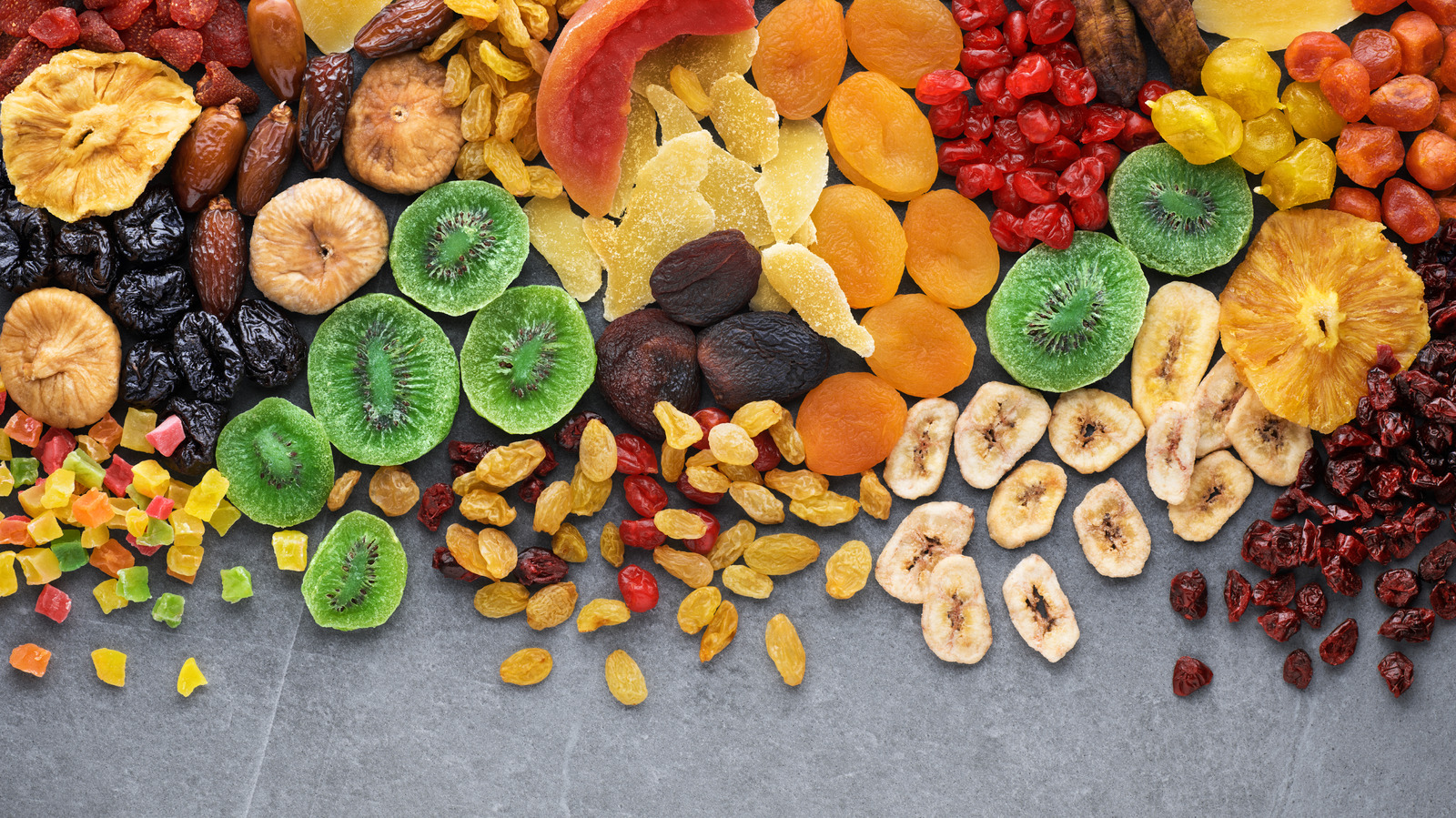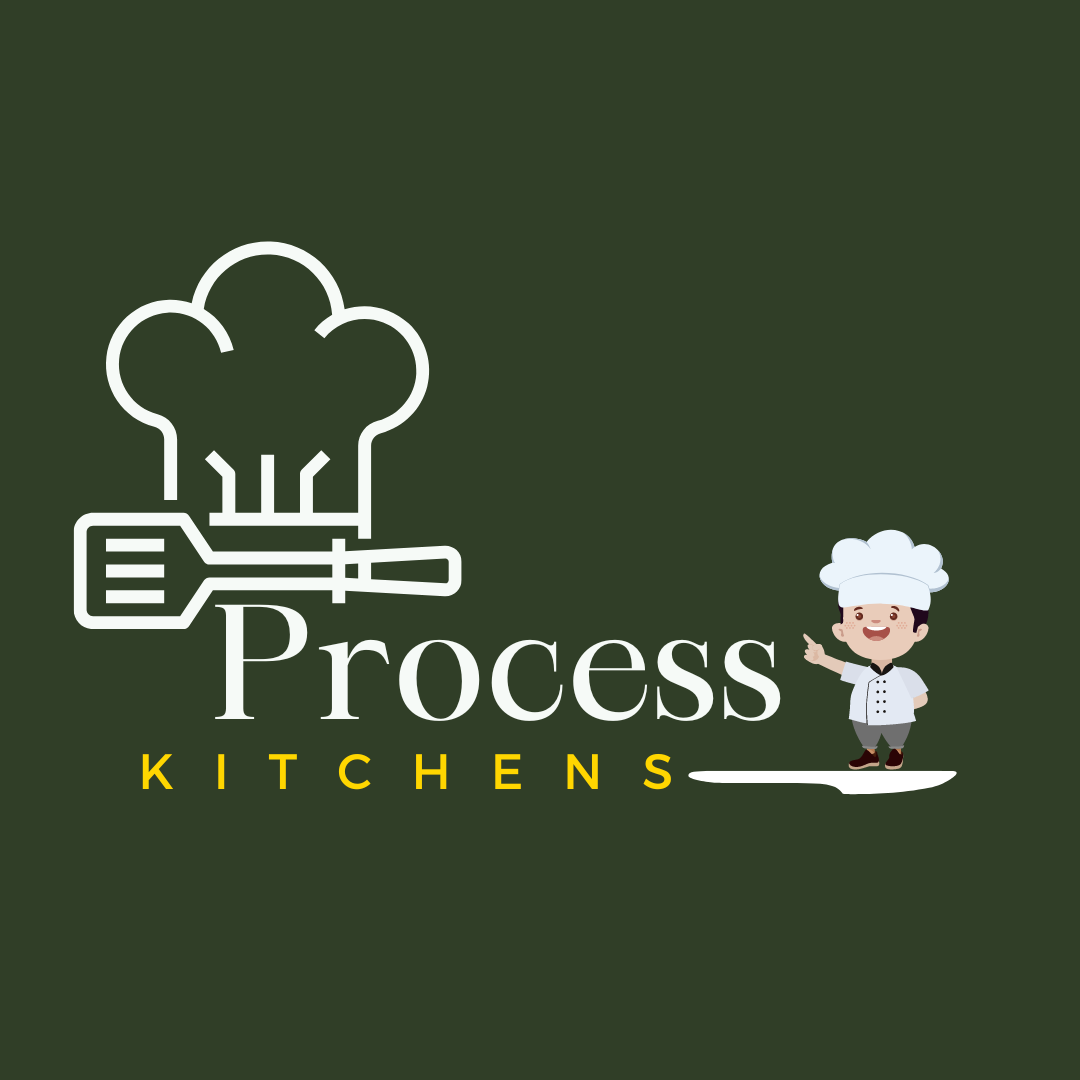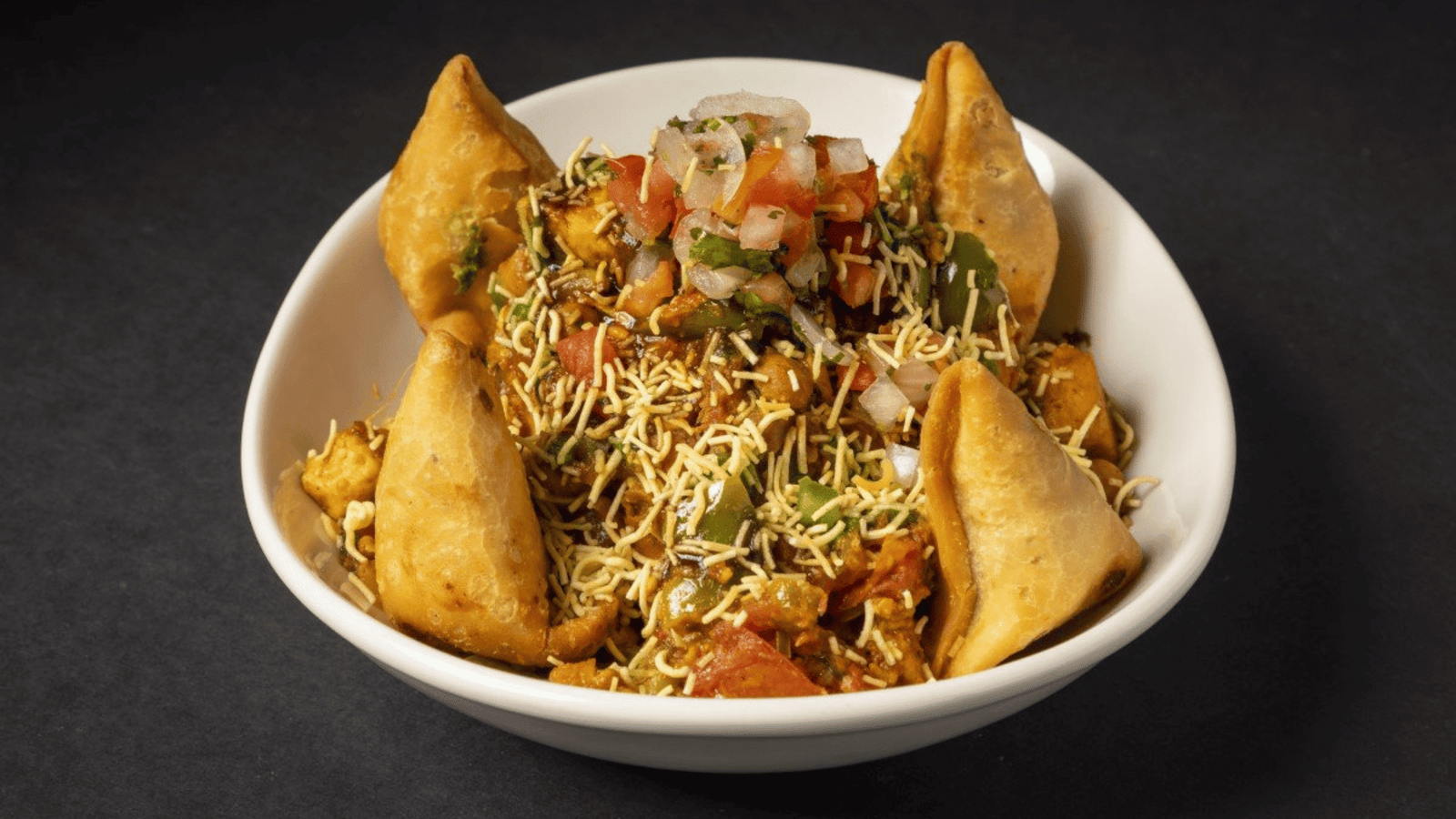Switching to a plant-based diet can be a transformative step toward better health, but not all plant-based foods are created equal. While the foundation of this diet—fruits, vegetables, whole grains, legumes, nuts, and seeds—is packed with nutrients, some plant-based options may be less healthy due to added sugars, high levels of sodium, or over-processing. In this guide, we’ll explore which plant-based foods to avoid to ensure you’re making the healthiest choices possible.

Refined Grains
Though whole grains like quinoa, oats, and brown rice are staples of a balanced plant-based diet, refined grains—such as white rice, white flour, and pasta made from refined flour—lack essential nutrients. During the refining process, these grains lose their fiber, vitamins, and minerals, making them less filling and less beneficial for blood sugar control. When possible, choose whole grains to avoid nutrient depletion and spikes in blood sugar levels.

Processed Plant-Based Meat Alternatives
With the rise of plant-based eating, there’s been an explosion of meat alternatives on the market. Many of these, however, contain a high amount of sodium, preservatives, and artificial ingredients. While these can be convenient options for new plant-based eaters, regularly consuming processed meat alternatives like burgers, sausages, and nuggets can negate the health benefits of a whole-food, plant-based diet. Opt instead for minimally processed proteins like lentils, chickpeas, tofu, and tempeh.
Sweetened Plant-Based Yogurts and Milks
Plant-based milks and yogurts can be fantastic dairy-free alternatives, but many of these products are loaded with added sugars. Sweetened almond, soy, and oat milks, along with flavored plant-based yogurts, often contain added sugars that can contribute to weight gain, inflammation, and other health issues. When choosing plant-based milks and yogurts, go for unsweetened varieties to avoid excess sugar and enjoy the natural flavors.

Packaged Vegan Snacks
From chips to cookies and granola bars, the world of vegan snacks has expanded significantly. However, these packaged snacks often contain high amounts of sodium, refined oils, and sugars. While convenient, relying too heavily on these can lead to weight gain, blood sugar spikes, and low energy levels. Instead, reach for whole foods like fresh fruits, nuts, or homemade trail mix to maintain steady energy and nutrient intake.
Gluten-Free Plant-Based Products
Gluten-free does not always mean healthy. Many gluten-free plant-based products like bread, crackers, and baked goods are made from refined starches such as rice flour or potato starch, which lack fiber and nutrients. They can also contain added sugars and unhealthy fats to improve taste. If you follow a gluten-free diet, look for whole-grain alternatives like buckwheat, quinoa, or brown rice to avoid nutrient depletion.

Fried Plant-Based Foods
Fried foods, such as plant-based nuggets, french fries, and onion rings, are often high in unhealthy fats and calories, even if they’re plant-based. Consuming too many fried foods can contribute to weight gain, high cholesterol, and other cardiovascular issues. Baking or air-frying are healthier cooking methods that retain flavor without excessive oil, making them better options for a balanced diet.
High-Sugar Granola and Cereal
Many store-bought granolas and cereals marketed as plant-based or vegan contain high levels of sugar and are often made with refined grains. These types of foods can lead to energy crashes, sugar cravings, and weight gain over time. Look for granolas and cereals with whole grains, minimal added sugars, and ingredients you can recognize for a healthier breakfast choice.

Dried Fruit with Added Sugar
Dried fruit is a convenient snack, but many varieties contain added sugars or syrups, which increase calorie intake without additional nutritional benefits. Eating too much dried fruit can also lead to rapid spikes in blood sugar. When choosing dried fruit, check for options that are unsweetened and contain no added oils to make it a healthier snack.
Instant Oatmeal Packets
While oats are a nutritious plant-based staple, flavored or sweetened instant oatmeal packets can contain significant amounts of added sugar and artificial flavors. To keep it healthy, opt for plain oats and add your own fresh fruit, nuts, or spices for natural sweetness and flavor.

Pre-Made Smoothies and Juices
Smoothies and juices can be excellent ways to increase fruit and vegetable intake, but pre-made versions are often packed with added sugars or lack fiber if they are strained juices. Excessive sugar intake from these drinks can contribute to blood sugar imbalances and energy crashes. If you enjoy smoothies, consider making them at home using whole fruits, vegetables, and a source of healthy fats or proteins.
Making Smarter Choices on a Plant-Based Diet
By knowing which plant-based foods to avoid, you can ensure that your diet is both nutritious and aligned with your health goals. Focus on whole, minimally processed foods to maximize the benefits of a plant-based lifestyle. Remember, it’s not just about being plant-based; it’s about being selective in choosing foods that genuinely support a balanced and nourishing diet.
Read More :
Embracing a Plant-Based Foods Diet: Your Path to Better Health and Wellness
What is a Vegan Diet? A Complete Guide to Plant-Based Eating
What is Plant-Based Meat? A Complete Guide to Benefits, Types, and Nutrition
Are Plant-Based Foods Good for You? Uncover the Health Benefits and Facts
Which Plant-Based Foods Are High in Protein? A Complete Guide
Conclusion
When adopting a plant-based lifestyle, understanding which plant-based foods to avoid is crucial for maintaining optimal health. While this diet is often rich in nutrient-dense fruits, vegetables, whole grains, and legumes, some plant-based foods can be high in added sugars, sodium, and unhealthy fats, especially processed options. For example, items like sweetened plant-based milks, refined grains, and packaged vegan snacks can negatively impact your health goals if consumed regularly. By focusing on whole, minimally processed foods and avoiding these less beneficial plant-based options, you can ensure a balanced diet that fully supports your wellness journey.







